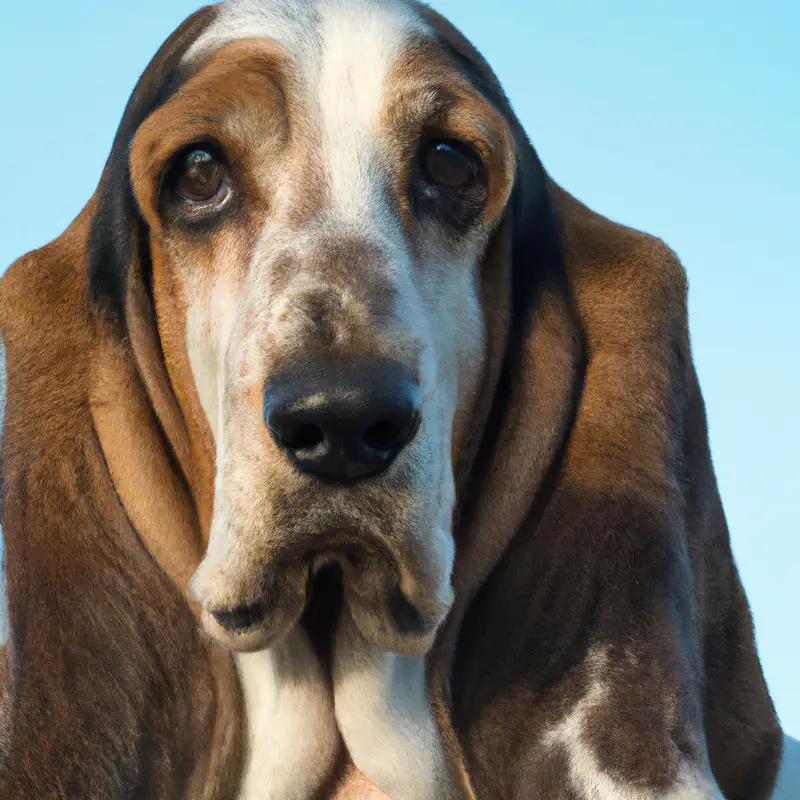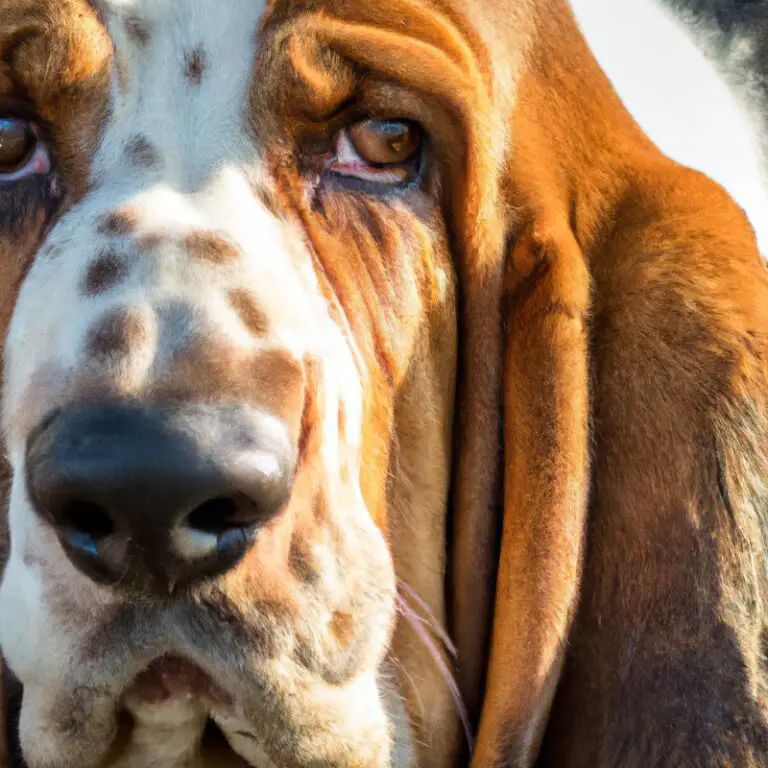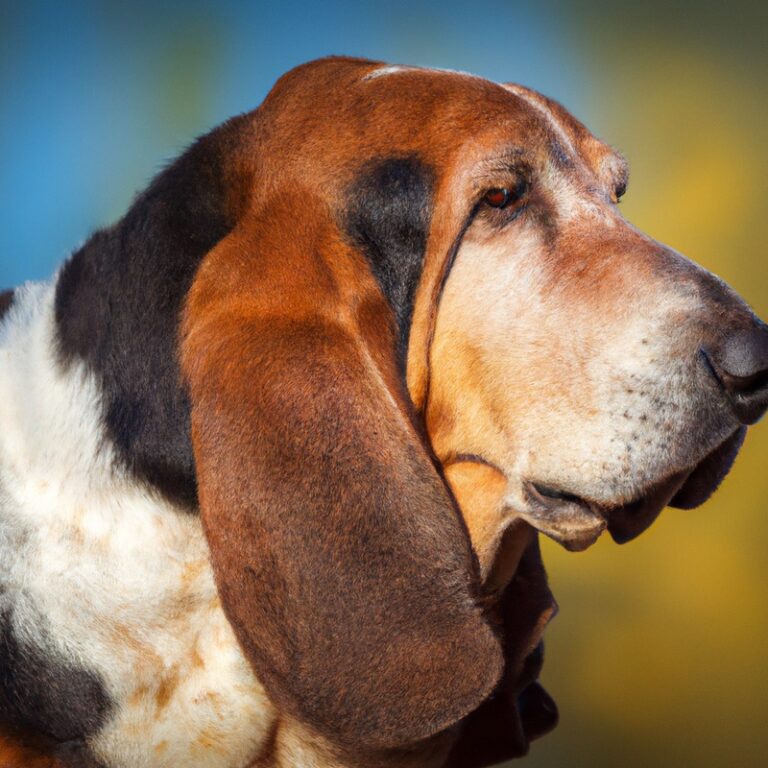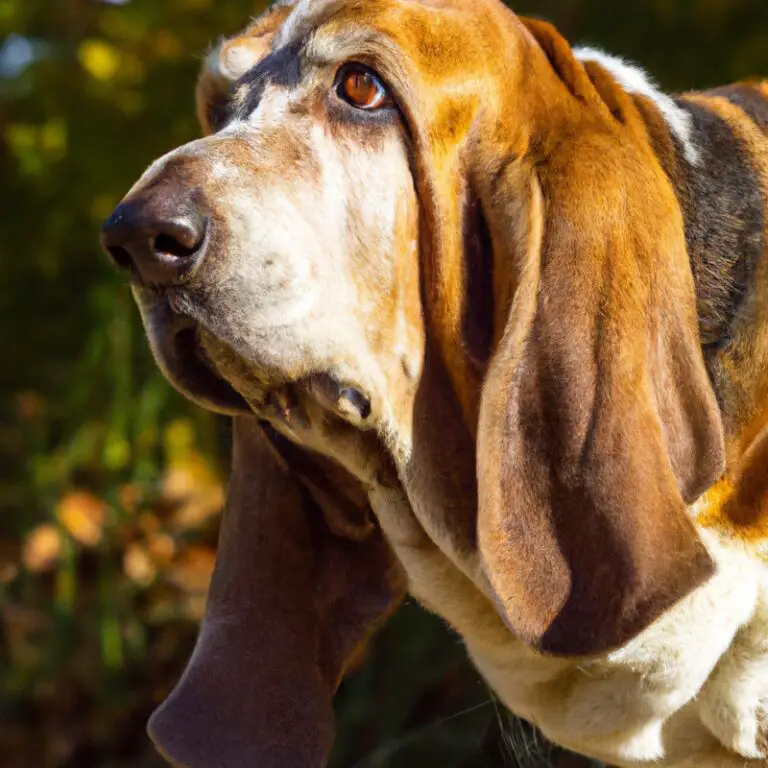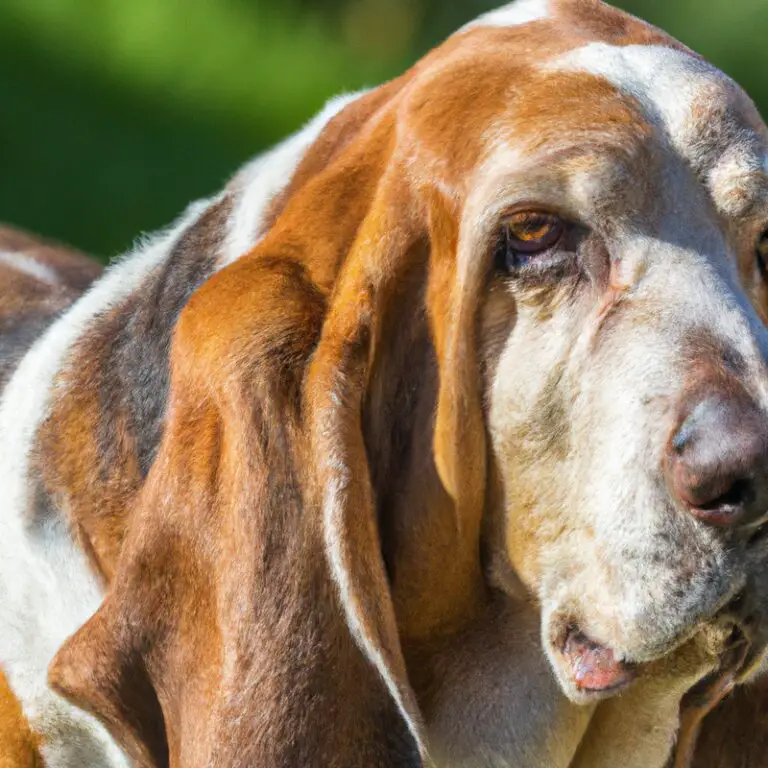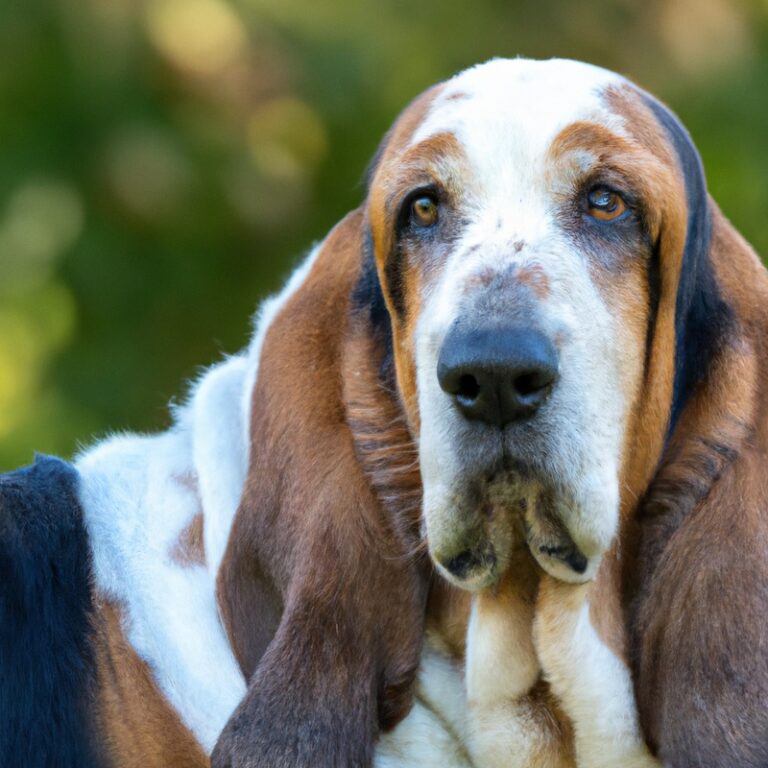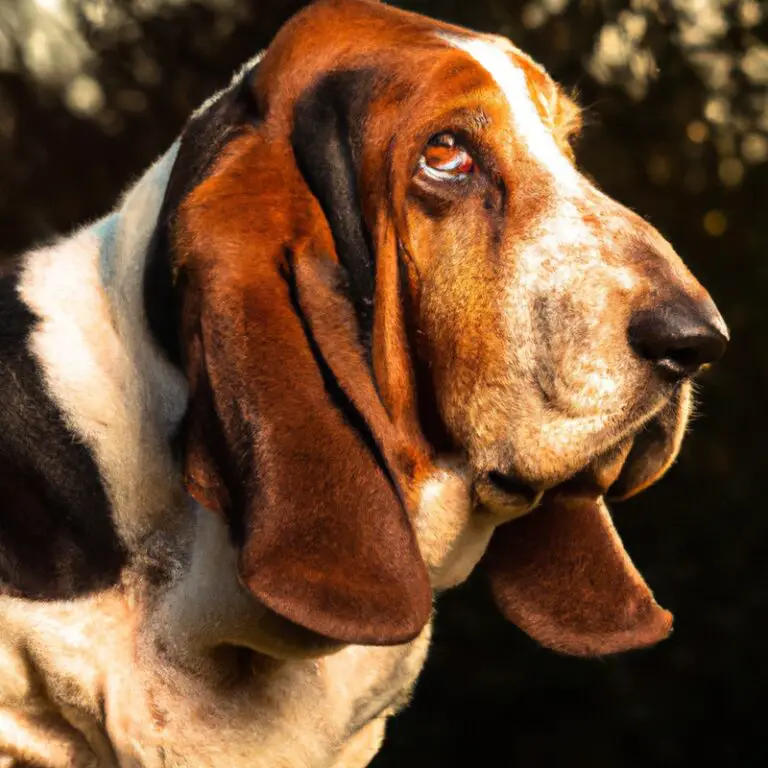Are Basset Hounds Prone To Excessive Chewing?
Key Takeaways:
- Basset Hounds have a tendency to chew excessively due to their natural instinct and breed characteristics.
- Providing appropriate chew toys and regular exercise can help redirect and manage a Basset Hound’s chewing behavior.
- Early training and socialization are crucial in preventing destructive chewing habits in Basset Hounds.
- Seeking professional help may be necessary if a Basset Hound’s chewing behavior becomes excessive and difficult to control.
Are you a proud owner of a Basset Hound? While these charming droopy-eared dogs bring joy and companionship to our lives, they also have a reputation for being avid chewers.
As an expert on canine behavior and training, I’ve witnessed firsthand the destructive power of a bored or anxious Basset Hound.
But why are Basset Hounds particularly prone to excessive chewing? In this article, we’ll explore the genetic factors, teething stages, and the impact of boredom on a Basset Hound’s chewing habits.
We’ll also provide valuable tips and techniques to help manage and prevent this behavior, ensuring a harmonious life with your beloved Basset Hound.
| Factors | Yes | No |
| Genetic predisposition | ✔️ | ❌ |
| Environment and training | ✔️ | ❌ |
| Boredom or anxiety | ✔️ | ❌ |
| Teething phase | ✔️ | ❌ |
| Age | ✔️ | ❌ |
Understanding Basset Hounds and Their Chewing Behavior
What Makes Basset Hounds Prone to Chewing?
Basset Hounds are prone to chewing due to a combination of genetic factors and behavioral tendencies.
As a breed, they have a strong instinct to use their mouths for exploration and play.
Additionally, Basset Hounds have a natural curiosity and can easily become bored without mental stimulation, leading them to seek out objects to chew on.
Teething can also contribute to a puppy’s chewing behavior.
Understanding these factors can help owners manage and prevent excessive chewing in Basset Hounds.
Genetic Factors and Chewing Habits in Basset Hounds
Genetic factors can play a role in a Basset Hound’s chewing behavior. Bassets are known to have a strong instinct to chew, and this can be influenced by their breeding.
Some Bassets may have a higher drive to chew due to their genetic makeup.
It’s important to understand that not all Bassets will have excessive chewing habits, but certain genetic factors can make them more prone to it. Chewing can also be influenced by factors such as teething and boredom.
Providing appropriate chew toys and mental stimulation can help manage and prevent excessive chewing in Basset Hounds.
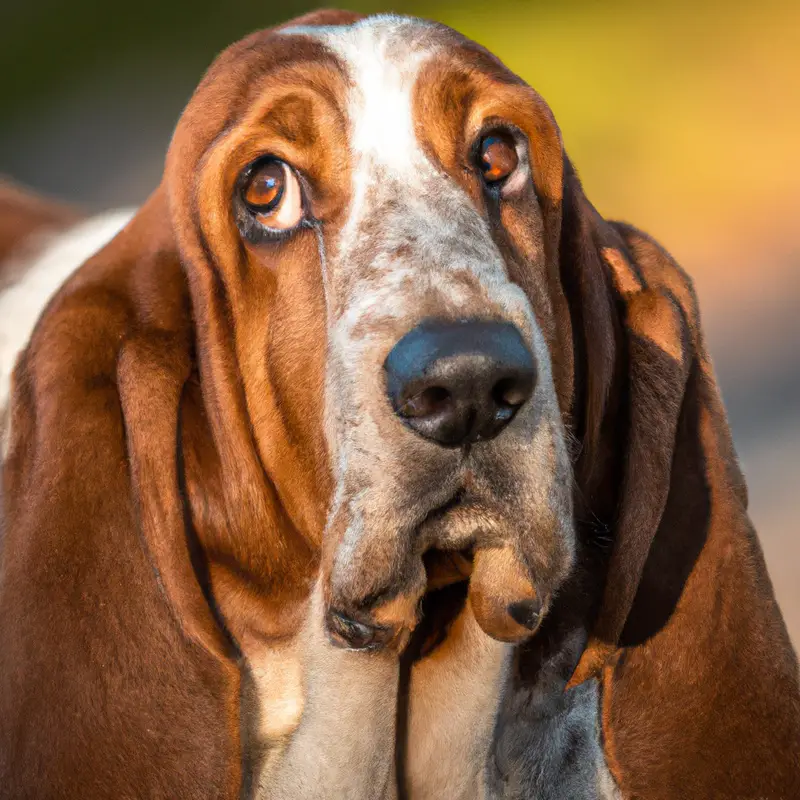
The Impact of Boredom and Lack of Mental Stimulation
Boredom and a lack of mental stimulation can have a significant impact on a Basset Hound’s chewing behavior.
When these dogs don’t have enough mental stimulation, they can become easily bored and restless.
As a result, they may resort to chewing as a way to alleviate their boredom and release pent-up energy.
Additionally, chewing provides a form of entertainment and can be a soothing activity for these dogs.
To prevent excessive chewing, it’s important to provide plenty of mental stimulation, such as puzzle toys or interactive games, to keep them engaged and entertained.
Regular exercise and playtime are also crucial to help tire them out and reduce boredom.
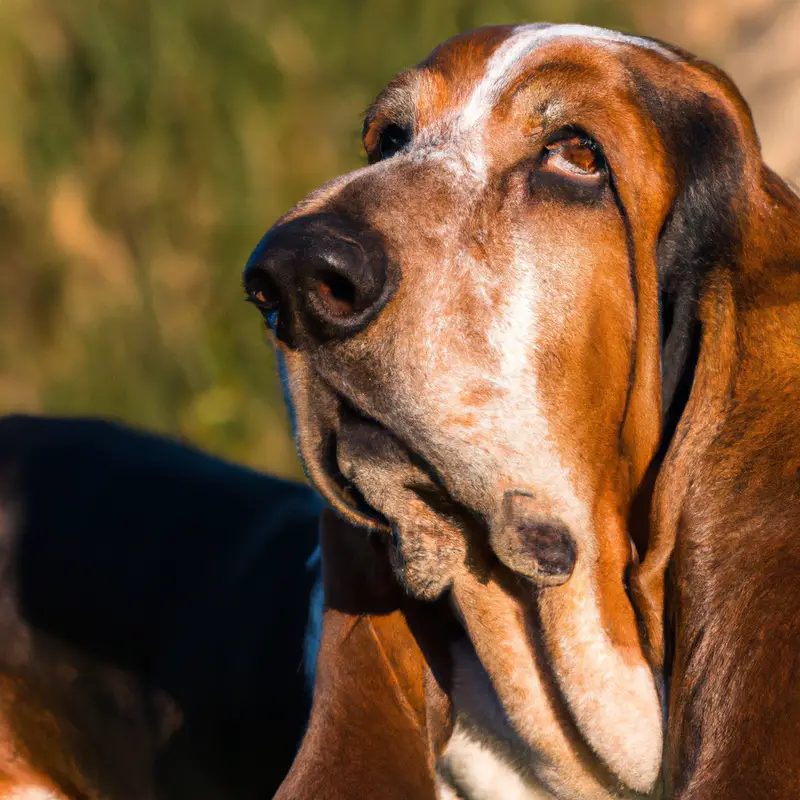
Teething and Chewing in Basset Hound Puppies
Teething and chewing are natural behaviors for Basset Hound puppies.
During the teething stage, which typically occurs between 3 to 6 months of age, puppies may experience discomfort in their gums and chew to alleviate it.
Chewing also helps them explore their environment and relieve boredom.
To manage this behavior, provide appropriate chew toys that are safe and durable.
Avoid punishing your puppy for chewing as it is a normal part of their growth.
Supervise them closely and redirect their chewing to appropriate items.
Remember, consistency and patience are key when dealing with teething and chewing in Basset Hound puppies.
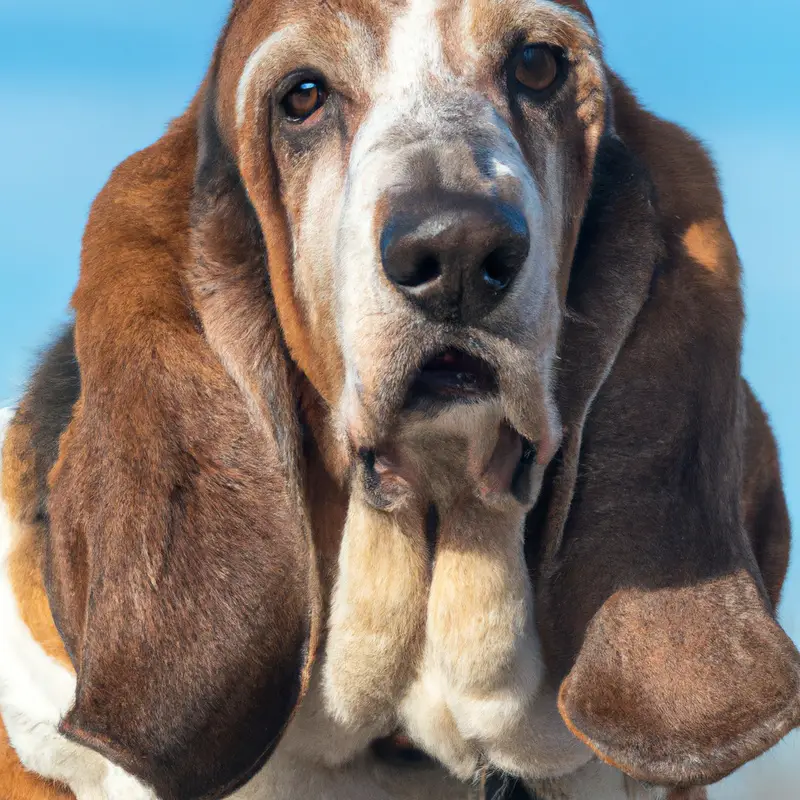
Tips for Managing and Preventing Excessive Chewing in Basset Hounds
Provide Adequate Exercise and Physical Activity
To manage and prevent excessive chewing in Basset Hounds, providing adequate exercise and physical activity is essential.
Regular exercise helps to release pent-up energy and reduces the likelihood of boredom-induced chewing.
Basset Hounds are known for their active nature, so daily walks and playtime can keep them physically stimulated and mentally engaged.
Engaging in activities like agility training or scent games can also help keep their minds sharp.
By ensuring that your Basset Hound gets enough exercise, you can help minimize excessive chewing behaviors.
Mental Stimulation and Enrichment Activities for Basset Hounds
Keeping a Basset Hound mentally stimulated is essential to prevent excessive chewing. Here are some enrichment activities you can try:
- Puzzle toys: These toys require your dog to solve a problem to get a reward, keeping their mind engaged.
- Interactive play: Engage your Basset Hound in interactive games like fetch or hide-and-seek to provide mental stimulation.
- Training sessions: Teach your dog new commands or tricks to challenge their brain and improve their focus.
- Scent work: Hide treats around the house or backyard and let your dog use their sense of smell to find them.
- Food-dispensing toys: Use food-dispensing toys to make mealtime more engaging for your Basset Hound, as they have to work to get their food.
Proper Chew Toy Selection for Basset Hounds
When it comes to choosing chew toys for your Basset Hound, it’s important to consider their size and durability. Opt for toys that are specifically designed for heavy chewers and made of durable materials such as rubber or nylon.
Avoid toys with small or easily detachable parts that your dog could swallow.
Additionally, look for toys that provide different textures and shapes to keep your Basset Hound engaged and satisfied. Regularly inspect the toys for any signs of wear and tear and replace them as needed to ensure your dog’s safety.
Positive Reinforcement and Training Techniques
Positive reinforcement is a highly effective training technique for managing and preventing excessive chewing in Basset Hounds. By rewarding good behavior with treats, praise, and affection, you can encourage your dog to engage in desirable chewing activities, such as playing with appropriate chew toys.
Additionally, consistent training and redirecting your dog’s attention from inappropriate chewing to more appropriate alternatives can also be helpful.
Remember to be patient, consistent, and always reinforce positive behavior to effectively manage and prevent excessive chewing in Basset Hounds.
Dealing with Destructive Chewing in Basset Hounds
Recognizing the Difference Between Normal and Destructive Chewing
Recognizing the difference between normal and destructive chewing behavior in your Basset Hound is key to effectively addressing the issue. Normal chewing includes gentle mouthing, exploring objects, and chewing on appropriate toys.
Destructive chewing, on the other hand, involves excessive damage to furniture, clothing, or household items.
Look out for signs of frustration, anxiety, or boredom, as these may contribute to destructive chewing. Additionally, consider the age of your Basset Hound, as puppies often chew to soothe teething discomfort.
Addressing Separation Anxiety in Basset Hounds
Addressing separation anxiety in Basset Hounds can be challenging, but it is important for their well-being. Some tips for managing separation anxiety include gradually increasing the time apart, providing a safe and comfortable space for them, using calming techniques like music or pheromone diffusers, and ensuring they get enough mental and physical exercise.
It is also beneficial to consult with a veterinarian or professional dog trainer for additional guidance.
Remember, patience and consistency are key when helping your Basset Hound overcome separation anxiety.
Consulting a Veterinarian or Professional Dog Trainer
If you’re dealing with excessive chewing in your Basset Hound, consulting a veterinarian or professional dog trainer is a smart move. These experts can help identify any underlying issues causing the chewing behavior and provide tailored guidance and solutions.
They have the knowledge and experience to assess your dog’s behavior and recommend appropriate training techniques or medical interventions, if necessary.
Don’t hesitate to reach out for professional assistance to ensure your Basset Hound’s chewing habits are managed effectively.
Using Deterrents and Environmental Management Techniques
To prevent destructive chewing in your Basset Hound, there are deterrents and environmental management techniques you can use. Try these tips:
- Provide appropriate chew toys: Offer a variety of chew toys specifically designed for dogs, such as durable rubber or nylon toys. Avoid toys that resemble household items to prevent confusion.
- Use bitter sprays or deterrents: Apply bitter-tasting sprays or deterrents to objects you want to protect from chewing. The unpleasant taste can discourage your Basset Hound from chewing on them.
- Block access to tempting items: Keep valuable or dangerous items out of reach or behind closed doors. Use baby gates or pet barriers to restrict access to certain areas of your home.
- Supervise and redirect: Keep an eye on your Basset Hound and redirect their attention when you catch them chewing on inappropriate items. Offer an enticing chew toy as an alternative.
- Practice positive reinforcement: Reward your Basset Hound when they chew on appropriate toys or engage in desired behaviors. Positive reinforcement can help reinforce good habits and discourage destructive chewing.
Remember, every dog is unique, and it may take some trial and error to find the best deterrents and environmental management techniques that work for your Basset Hound. Stay consistent with your methods, and be patient as you guide them towards more appropriate chewing habits.
Final Verdict
Basset Hounds are indeed prone to excessive chewing due to a combination of genetic factors and their need for mental stimulation.
It is important for Basset Hound owners to understand the underlying reasons for their chewing behavior and take proactive steps to manage and prevent it.
By providing adequate exercise, mental stimulation, and appropriate chew toys, as well as using positive reinforcement and addressing separation anxiety, owners can effectively manage their Basset Hound’s chewing habits.
Remember, a well-exercised and mentally stimulated Basset Hound is a happy and content companion.

